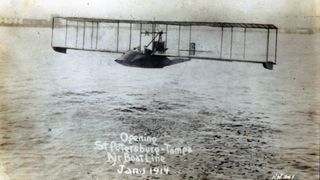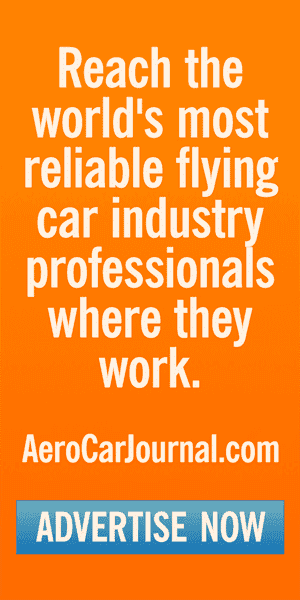UAM: If We Build It, Will You Come? Will You Pay?
It Depends.

Let’s hope the introduction of urban air mobility passenger services goes better than the debut of the world’s first scheduled passenger airline service.
On January 1, 1914, Percival Elliott Fansler, a sales representative for a diesel boat engine manufacturer, had a vision to slice the time it took to travel between St. Petersburg, Florida, and Tampa Bay, Florida. He reasoned that a 17-mile (27-kilometers) journey that took two hours by steamship, 12 hours by rail, or 20 hours by automobile, could be trimmed to 20 minutes using a seaplane. The St. Petersburg-Tampa Airboat Line lasted just four months, but it was the forerunner of all commercial air service.
Will the concept of UAM fly with the public?
In their study, “Will air taxis extend public transportation? In a scenario-based approach on user acceptance in different urban settings” published in Transportation Research Interdisciplinary Perspectives in January 2024, German researchers Laura Riza, Robert Bruehl, Hartmut Fricke, and Patrick Planing sought to answer that question.
The scientists looked at user acceptance, willingness to pay, societal acceptance, and individual intention to use among 1,074 study participants in the greater Dresden area of Germany.
Among the most likely early paths to the overall success and adoption of UAM services is a “limousine-like” service where passengers dial for a specific ride at a specific time for a special event. This path might prevail among corporate clients where time is of the essence and the trip is expensed. The study revealed consumers’ willingness to pay was highest in these circumstances. Given the prevalence of a set schedule for business operations, the researchers saw this setting as the most likely to lead to scheduled services.
These findings, the researchers concluded, suggested that government agencies and UAM-industry stakeholders strongly consider the humans at the center of this burgeoning mobility industry when designing — and then implementing — their networks to maximize their chances for profitability, and therefore, success.
Visit us at AeroCar Journal and subscribe today. It’s free (for a limited time!).


